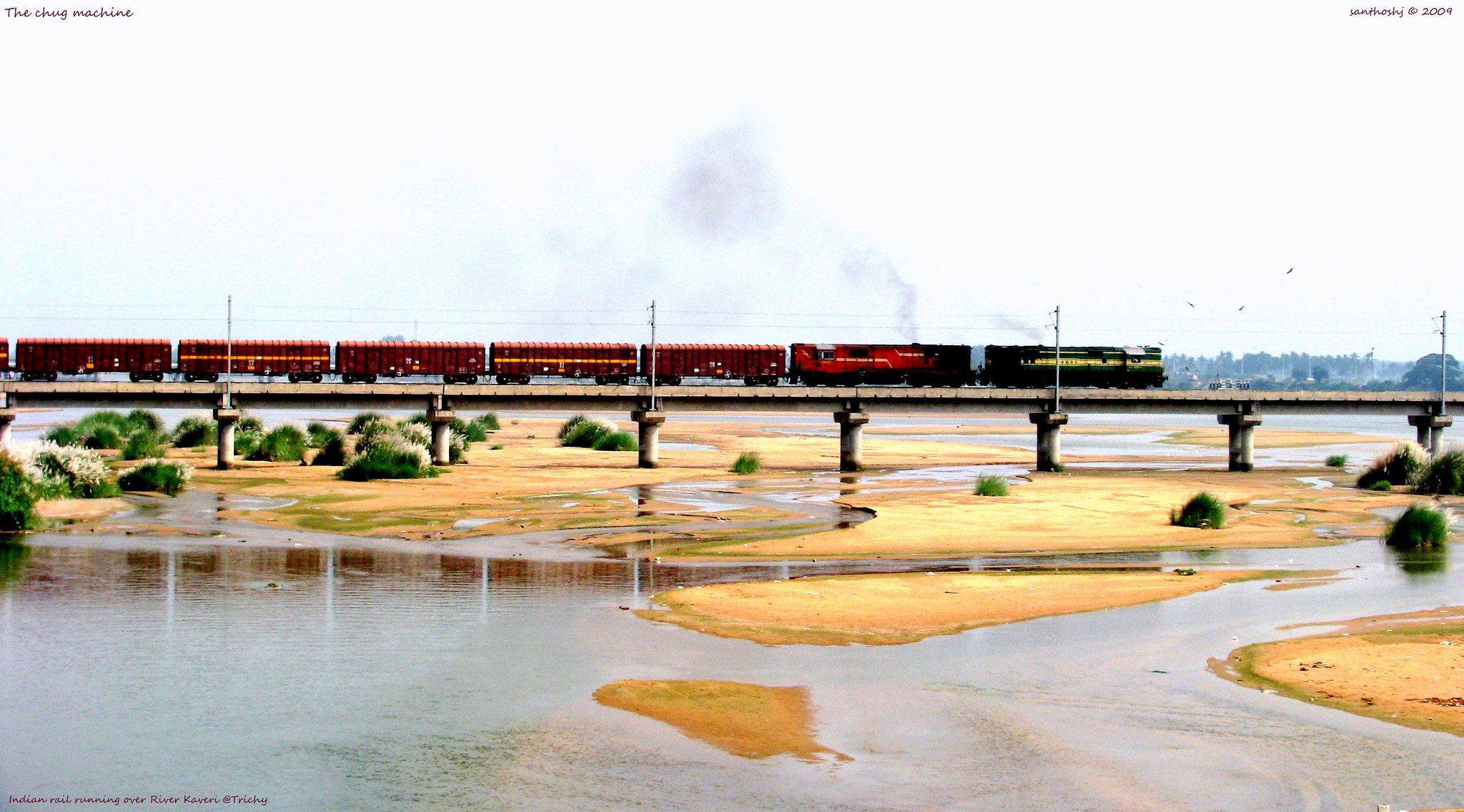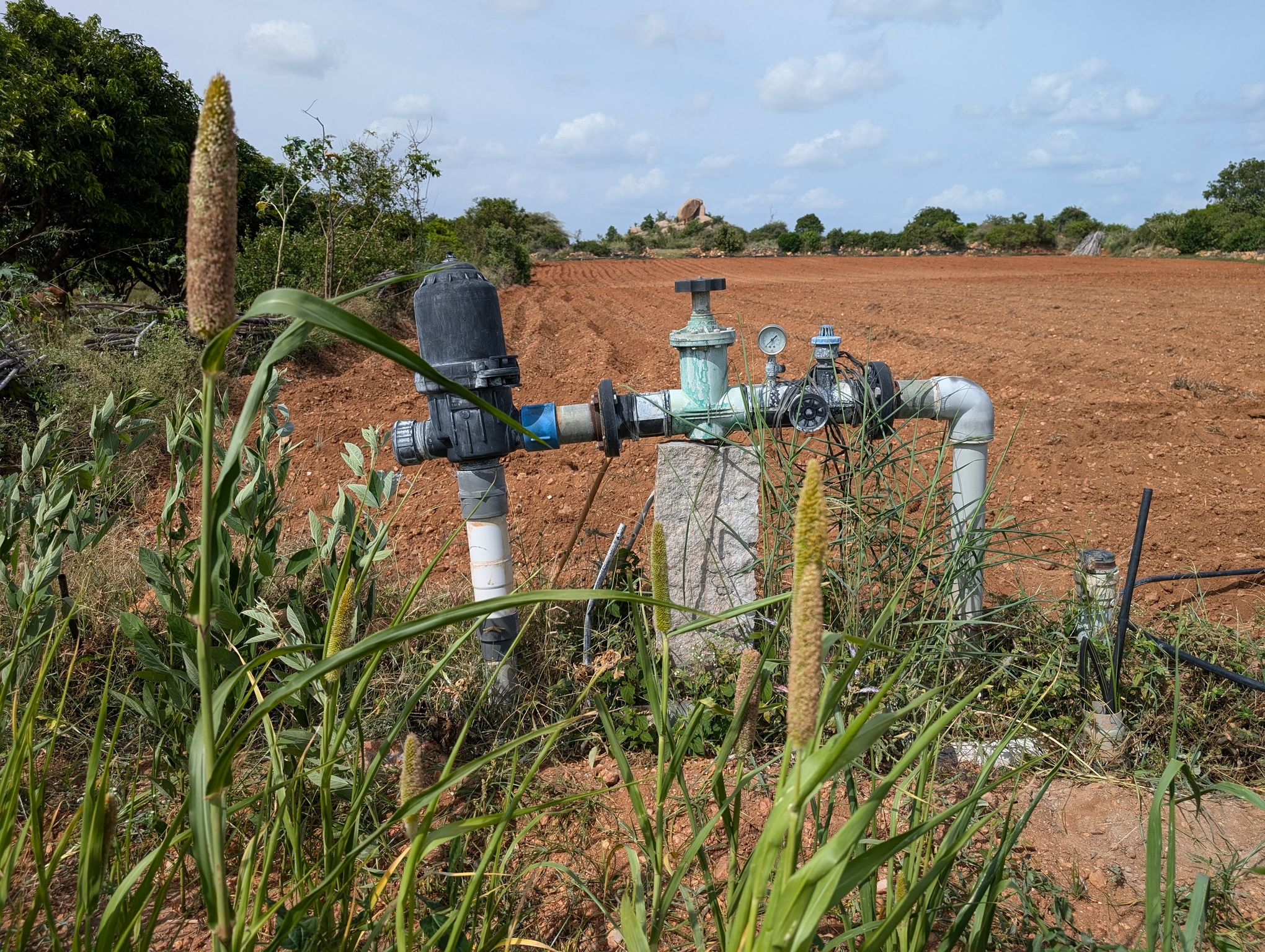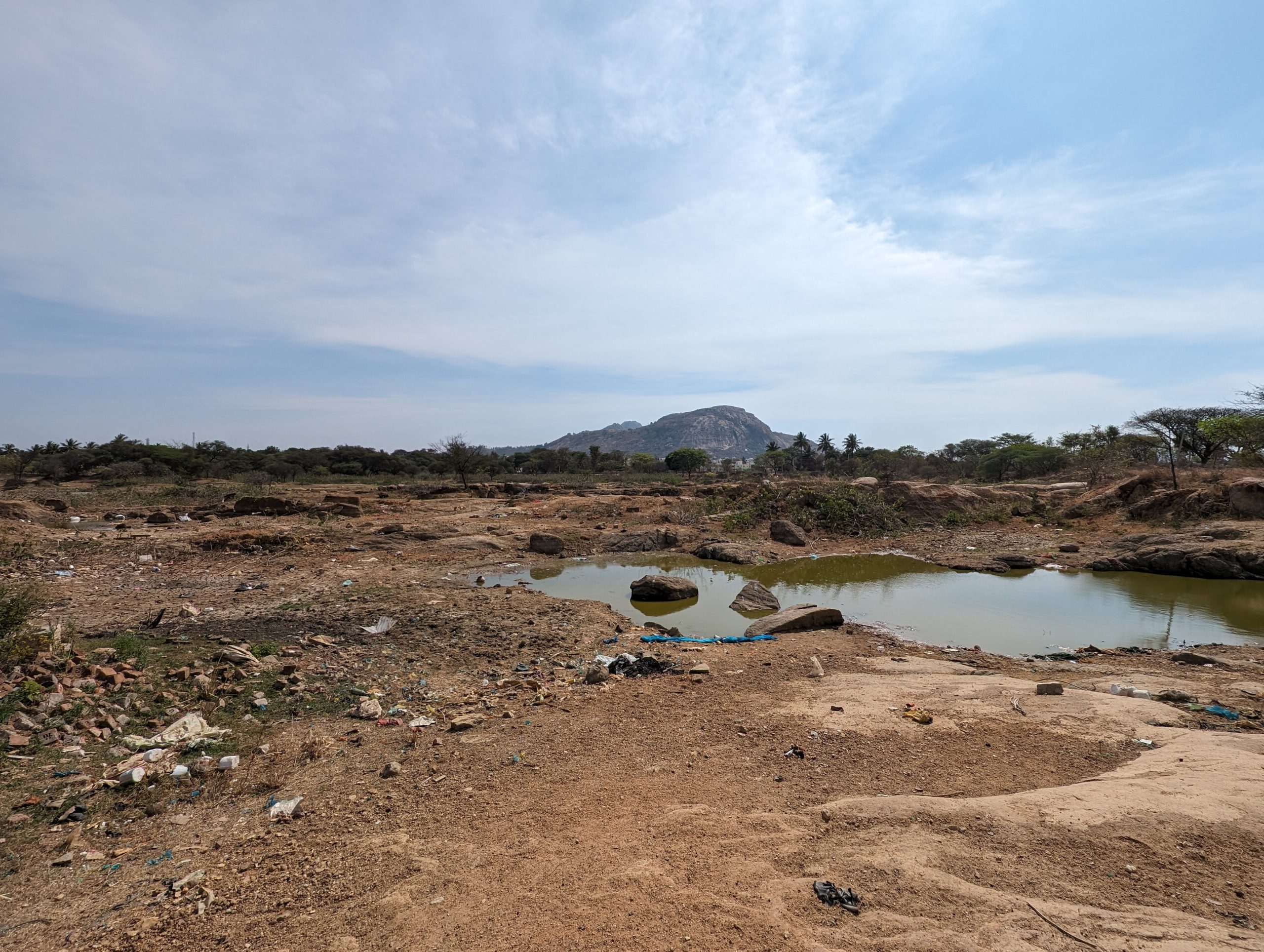How Can We Measure Water Security Accurately?
Photo credit: WELL Labs
India’s water crisis—driven by overuse, pollution, and climate change—demands better outcome-based tracking despite large investments in water management.
WISER (Water Index for Sustainability, Equity, and Resilience) offers a science-based framework to measure water security across six dimensions using data, remote sensing, and stakeholder input. It aims to inform policy, improve resource use, and enable sustainable, equitable water management.
This learning note is the first in a two-part series capturing the findings from Phase 1 (July 2024–March 2025) of the Water Index for Sustainability, Equity, and Resilience (WISER) initiative. It includes key learnings from stakeholder interviews, listening circles, feedback sessions, and a roundtable discussion. We also conducted a literature review to develop a framework of indicators to assess water security and tested them through a pilot survey across five different aquifer typologies. Part 2 of this series summarises the literature review and the pilot study results.
Fill these details to access the publication
Acknowledgements
This work is supported by the Hindustan Unilever Foundation. The views shared by WELL Labs are their own and are not intended to represent HUF’s official stance.
Authors Aishwarya Joshi, Vivek Singh Grewal, Veena Srinivasan
Editor Syed Saad Ahmed
Design Aparna Nambiar and Srilakshmi V
Video Nabina Chakraborty
Follow us to stay updated about our work






